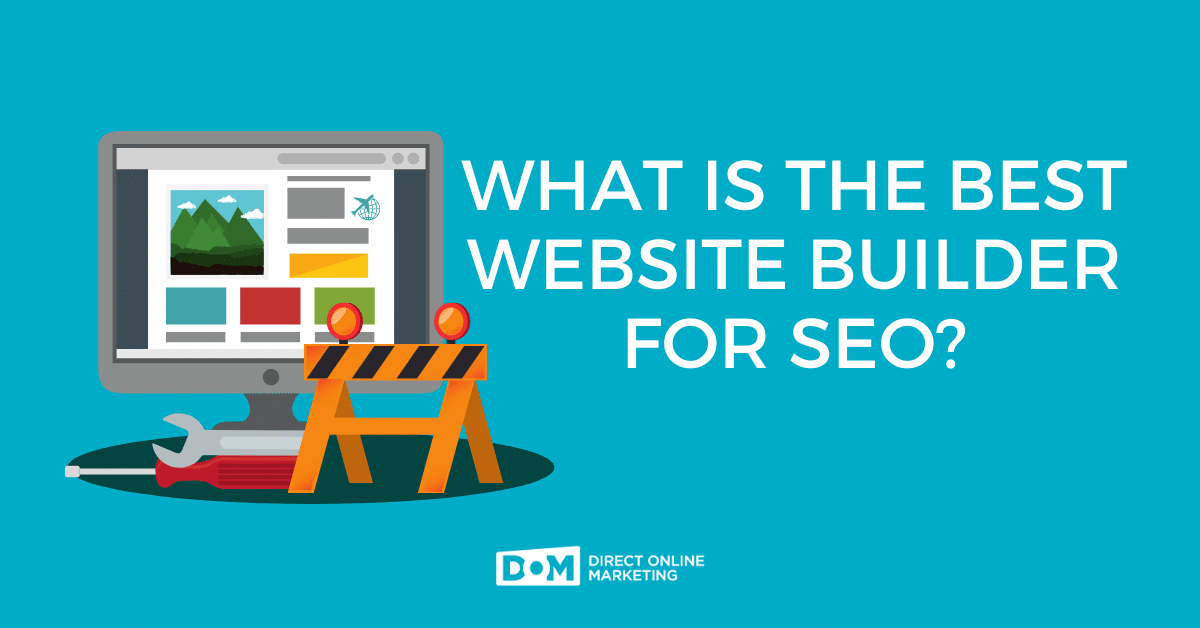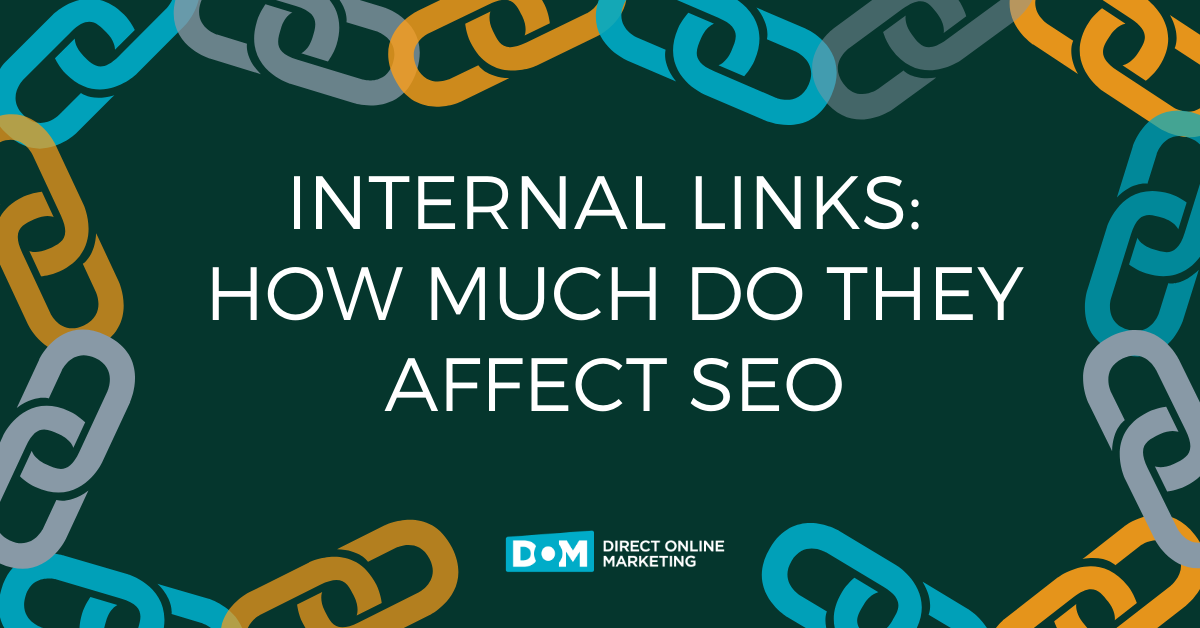
So, you’ve decided to build your own website. We’ll assume that you at least have some idea what you’ll be getting into with a project like this, and hopefully, you know at least a little HTML (it’s not required, but it’ll help). We’ll skip the usual warnings and cautionary tales that go along with a big project like a new website and skip right to what matters to us most: which one of those website builders is best for search engine optimizations? One way to find out what works best for SEO is to do a Google search and look at what the top performers are already doing correctly. You’re going to notice something.
Why is Wikipedia so Often the Top Result?
Okay, yes, that’s true—if you looked up a subject that Wikipedia covered, it’s probably going to be the first result. But why is that? There isn’t much that’s fancy about Wikipedia, but it sure has a lot of reliable information that people want to know. That’s why Wikipedia accounts for so many number 1 results—Google knows Wikipedia, trusts the information available there, and serves its content to searchers looking for information about subjects that Wikipedia covers.
Remember: Good SEO is Good Content
All the keywords and meta descriptions and strategies SEO experts tell you about are important, but nothing is more important for your placement in organic search results than good, informative content. Think of that as the backbone of any SEO strategy and you could probably write this blog post, too.
With that in mind, the answer to the question posed in our title is self-evident: every website builder is great for SEO—if you have the content to support it.
But you’re not reading this for an answer like that. You want to know which website builder, of all the website builders available on the internet, is best for search engine optimizations. We take it to mean that you want to make a website in order to tell the world about something important to you. In most cases, we talk to businesses and companies that are looking for answers about how they can market themselves on Google. Even so, our recommendation is useful even if you have a blog to promote or recipes to share.
Speaking of Blogging, Why Aren’t You Using WordPress?
The recommendation from this search engine optimizer is easy: use WordPress to make your website, if SEO is important to you. The first version of WordPress rolled out in 2003, primarily as a content management system (CMS) for blogs. What do you see below those Wikipedia links when you search for something on Google? Without seeing what you searched, we can make a pretty good prediction that almost every link on that first page of Google is a blog post.
WordPress is built for blogging. It does a lot of other stuff, too, but blogging is what it was made for and what it still does best. WordPress also isn’t a “website builder” in the traditional sense, because you still have to do a few things in order to get it going. The default template isn’t very pretty, but it’s lean. Google likes lean.
Seriously, WordPress is Your Best Bet
Still need convincing? Okay, how do you feel about plugins? WordPress has a lot of those; they’re easy to install, they enhance your audience’s experience, and many of them are free. You can use plugins to do a lot of stuff that SEO experts need. For the best example of a plugin that does just one thing flawlessly, reliably and free, look at Redirection. You give it an old URL and a new URL, and Redirection applies 301 redirects for you. You don’t have to edit your website’s code by hand when you need to move a page.
More Customization Options Than You Require
Don’t like the way the default template looks? That’s okay—there are a whole lot of themes to choose from, and lots of those are free, too. If you want a theme that’s a little fancier or does a little more than the default template, you can probably find one that fits your aesthetic. WordPress has an official gallery of themes but you can also check out sites like Themeforest for downloadable themes with templates to fit your needs.
If You Don’t Use WordPress, Here Are Some Tips
If you decide not to use the world’s most popular CMS for websites, that’s up to you, but there are some things to look out for if SEO is important to you. You’re going to want to make sure the website builder you use has a few important qualities:
- Content Enablement. You need a solution that’s going to let you post content that fulfills a searcher’s intent, or you’re not going to have much to optimize. You need a platform that is going to let you make pages full of simple, informative text. You’d be surprised by how many designers forget that.
- Expandability. You never know where your business, or your blog, is going to go. Make sure that whatever builder you use has a way to implement other uses you might not be able to predict. If it’s not very expandable, that’s okay—you just need a way to migrate all that great content you’re going to put in it. That leads us directly into the next item:
- Migratability. An alarming number of platforms don’t want you to take your business elsewhere, so they make it really difficult to migrate your content to a different provider or CMS. It’s probably best to avoid those providers because data portability is, overall, a very good thing.
- Active development. Take a look at the recent history of the platform and make sure they’re still making updates. A good website builder will be adding new features all the time, or at least iterating its current features into better ones. If your website builder isn’t keeping up with the times, it probably won’t keep up with you.
Building your own website is challenging and fun, and you should be proud of yourself for giving it a shot. If you need help with your SEO or you’d like to give digital ads a try, we can help you out. Get a free consultation today, or read some of our other blogs about SEO:


